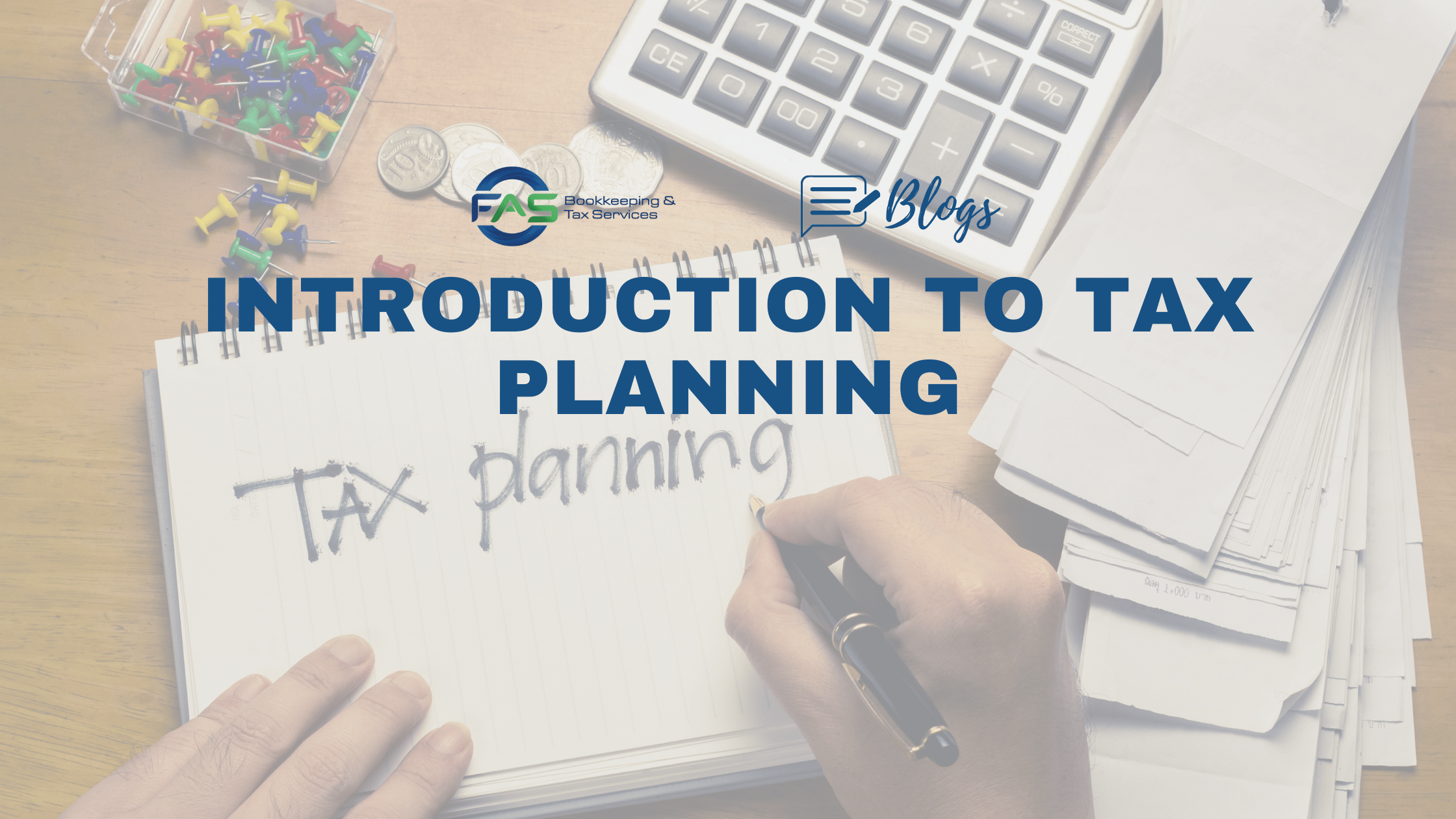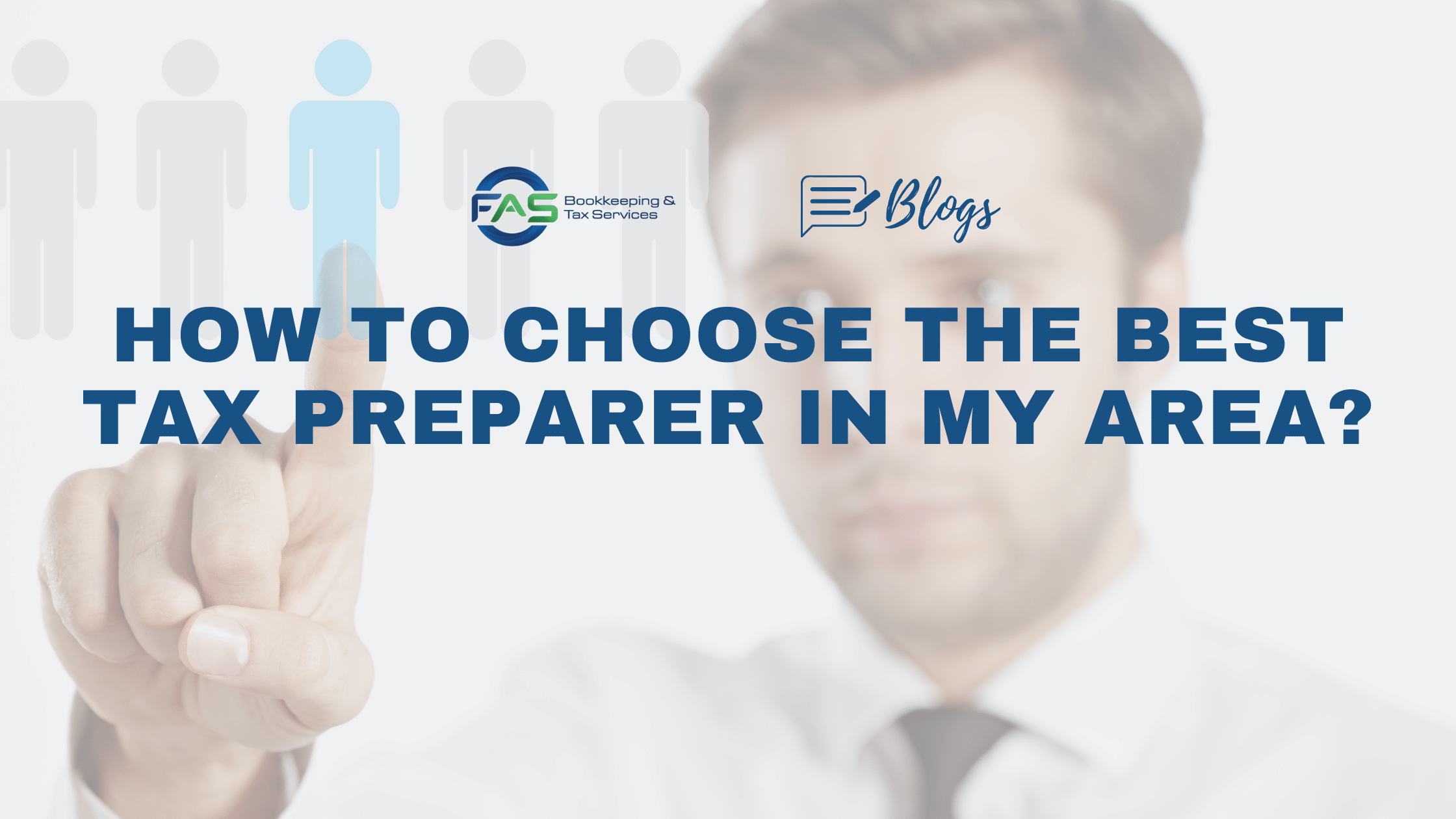 Introduction to Tax Planning: The Basics
Introduction to Tax Planning: The Basics
Tax planning means examining your financial situation with the goal of reducing tax liability. A tax plan works to ensure that each financial element of a plan works together to reduce your total tax bill as much as possible. Through tax planning, you can make contributions to retirement plans and investments that have the best impact on reducing your tax bill each year. Since retirement plans and investments can have a large effect on taxes owed, it’s important to consider these elements when you’re creating a tax plan. Tax planning also includes thinking about how businesses should arrange their income and expenses each year to create a lower total tax bill for the business overall.
Primary objectives of Tax Planning
Tax planning means taking all appropriate steps to reduce your tax liability while reducing the impact of taxes on your overall financial picture. It’s about ensuring that you follow the letter of the law, as well as its spirit. It’s about being proactive–about ensuring that when it’s time to pay your taxes, you’ve taken every available precaution to minimize your outlay and maximize your return. Tax planning applies to both individuals and businesses. In fact, tax planning is essential for any business owner or investor who wants to remain profitable and free from legal entanglements.
Importance of Tax Planning
In today’s financial climate of ultra-low bank interests and economic uncertainty, tax planning is a necessity for anyone who wants to see real returns on their investment. Tax planning is not just about minimizing your tax burden. It’s also about maximizing your returns by taking inflation into account, as well as taxes, expenses, and so on.
about minimizing your tax burden. It’s also about maximizing your returns by taking inflation into account, as well as taxes, expenses, and so on.
For example, the property market has been showing strong signs of recovery over the last few years. However, this isn’t necessarily good news for all investors. There are currently a lot of government grants available for first-time homebuyers that can mean big savings on stamp duty and other associated costs. But keep in mind that these high capital gains taxes will eat up any profits you make in the long run. That’s why it’s important to get professional investment advice when looking at properties to purchase. Professional advisers can help you identify any additional costs or risks you might not have considered if left to your own devices—and they can help you figure out ways to take advantage of current grants and tax credits while still keeping your tax bill as low as possible.
Lower Tax Bills
Paying low taxes puts less strain on individuals and companies; working toward tax efficiency is the best way to hold assets and capital together. People living abroad may find assets that were tax-efficient in their home country taxable in their country of residence. Reviewing tax plans can reduce the tax bills, resulting in more improved financial stability.
Tax Payment Flexibility
Proper tax planning gives individuals and businesses more flexibility when paying taxes. This flexibility means payments can be made at the most appropriate times for personal and business finances. As a result, people are less likely to pay more taxes than necessary, giving them control over their finances. This makes it easier to budget effectively, which in turn leads to greater financial sustainability.
Tax Planning Advantages
-
Get a head start
Businesses operating under a trust can take advantage of tax planning to estimate distribution early enough in the year, saving the need to make decisions out of rush. Tax planning allows businesses to look at the available options and strategize according to the analyzed data.
-
Minimized Litigation
Avoiding or evading taxes is an action taken by people who find the tax rates too high. Tax planning helps taxpayers and the government resolve their differences by paying taxes properly, as the government seeks to collect taxes while the taxpayers look for ways to pay less. Thus, tax planning can save citizens and entities from legal troubles.
-
Seeing the Bigger Picture
Tax planning helps individuals and businesses map out their financial future. Business owners discover ways to change the business structure to increase profits. As a result, a business owner finds new investments and looks for untapped sources of revenue.
-
Economic Growth
Taxes pay for the projects that help our country grow and thrive, including development projects. A solid tax planning strategy is essential for any business, as well as personal finances. Some of the benefits of good tax planning include creating more money for your savings account, increasing your business’s stability, and avoiding bankruptcy because you can’t cover your bills and loan payments. The health of a country’s economy benefits both citizens and the entire country.
Tax Planning Types
-
Purposive Tax Planning
In this type of tax planning, you use intelligent strategies to take advantage of tax provisions to achieve a certain financial goal, such as changing your investment strategy or diversifying your business activities.
-
Permissive Tax Planning
Permissive tax planning involves taking advantage of various exemptions and deductions while following all the rules that apply to you.
-
Short-Range Tax Planning
Temporary tactics are implemented in this type of tax planning strategy. These temporary tactics are implemented at the end of the year to achieve certain specific tax objectives.
-
Long-Range Tax Planning
Polar to short-range tax planning, this type of strategy forms long-term tactics at the start of the year and the results of the formulated strategies are expected only in the long run.
Disadvantages of Tax Planning
Tax planning can be of great help in reducing your tax liability and increasing your savings. However, there are some downsides to tax planning that you should consider before investing your hard-earned money in tax-saving products.
Usually, tax planning results in the blocking of funds to purchase a particular investment product. This can impact short-term liquidity and flexibility. This can especially be a concern for senior citizens who need a certain amount of cash for daily needs and medical expenses.
At times, taxpayers tend to confuse tax planning with tax evasion and end up misinterpreting certain provisions. This may lead to an increase in their income tax liability or even attract penalties or interest charges.
Bottom line
Tax planning can help you reduce the overall tax burden. However, it is important to know that you should stay within the limits of the tax laws while planning your taxes. This means you should not engage in any activity that helps you cut down your tax liability without paying heed to the fact that there are certain rules in place for tax planning.
One of the most popular ways to plan your taxes is by investing in different instruments. For example, there are several investment options available today such as stocks, mutual funds, bonds etc., where you can invest your money and earn returns on them. However, before investing in any of these instruments, you need to understand how they work and whether they can actually help you save taxes or not.



